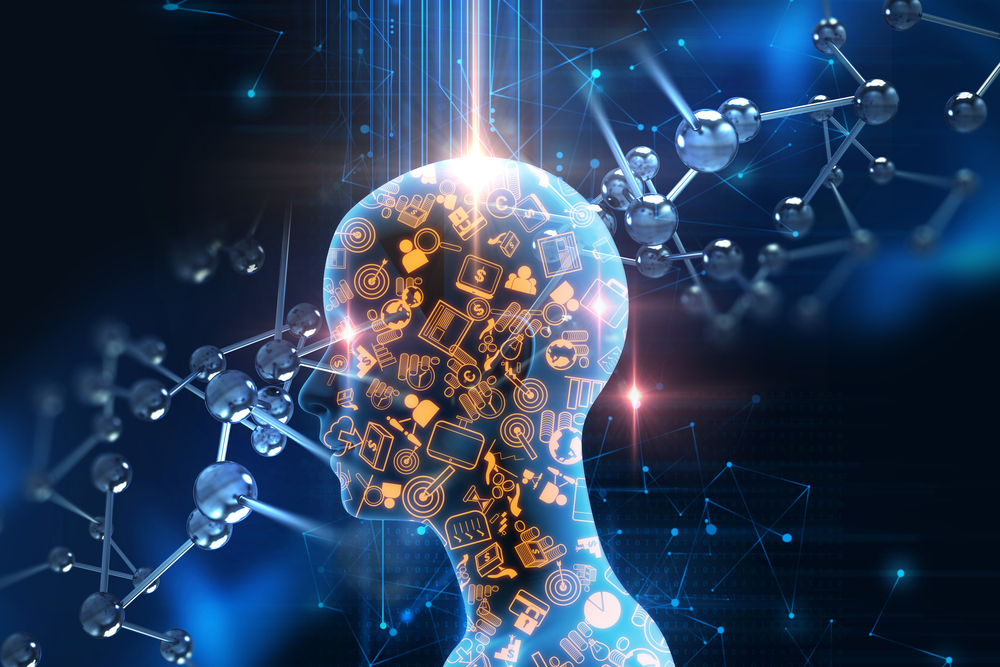Google’s London-based DeepMind unit has created an artificial intelligence (AI) capable of doing some amazing things. As technology keeps evolving, so too does AI. Its new capabilities continue to surprise us. Now, according to a blog post on DeepMind’s website, AI can imagine its future and plan accordingly in order to achieve the best possible outcome.
AI That Can Imagine
Bots have been able to predict outcomes and plan ahead in the past, but only in controlled environments. Both AlphaGo and Deep Blue, for example, have managed to beat humans at board games — Go and chess, respectively — but only because these games have specific sets of rules to follow.
Google’s DeepMind team has created agents that can do something similar in the real world’s complex environment. They do this using an “imagination encoder,” described as a neural network that learns to extract information useful to an agent’s future decisions, while ignoring information that is not relevant. These were dubbed Imagination-Augmented Agents, or I2As.
The I2As were tasked with different puzzles which tested their abilities. One of them was the game Sokoban, in which the bots push boxes onto targets. The game’s rules are such that many moves are irreversible (for instance, a box cannot be pulled out of a corner), so the agents must be very careful not to mess up.
To further challenge the bots, researchers procedurally generated each level of the game and only gave AIs one chance to make it through. Each AI was forced to try different strategies “in their head” before actually making a move.
In the second task, the agents needed to stabilize a spaceship by activating its thrusters a certain number of times, while dealing with the gravitational pull of various planets. Agents had to imagine various possible trajectories and outcomes in order to stabilize the ship.
In these tasks, the I2As outperformed their counterparts that didn’t use an “imagination encoder.” They learned to successfully complete the puzzles without first needing to gain much in the way of experience, as they extracted information from simulations conducted “in their head.”
Nowhere Near Human Imagination
When we think about our imaginations, we think way beyond running video game scenarios in our heads. However, AIs are just now being given tasks that require them to imagine, rather than tasks with very specific guidelines to follow. Even though these AIs are nowhere near our imaginative capabilities, they are still in their early days.
Demis Hassabis, DeepMind’s founder, recently published a paper on the development of general-purpose AI and how it depends on the understanding of human abilities like imagination and curiosity. According to him, as The Next Web points out, creating AI agents that can match what we do is:
“(…)perhaps the hardest challenge for AI research: to build an agent that can plan hierarchically, is truly creative, and can generate solutions to challenges that currently elude even the human mind.”

